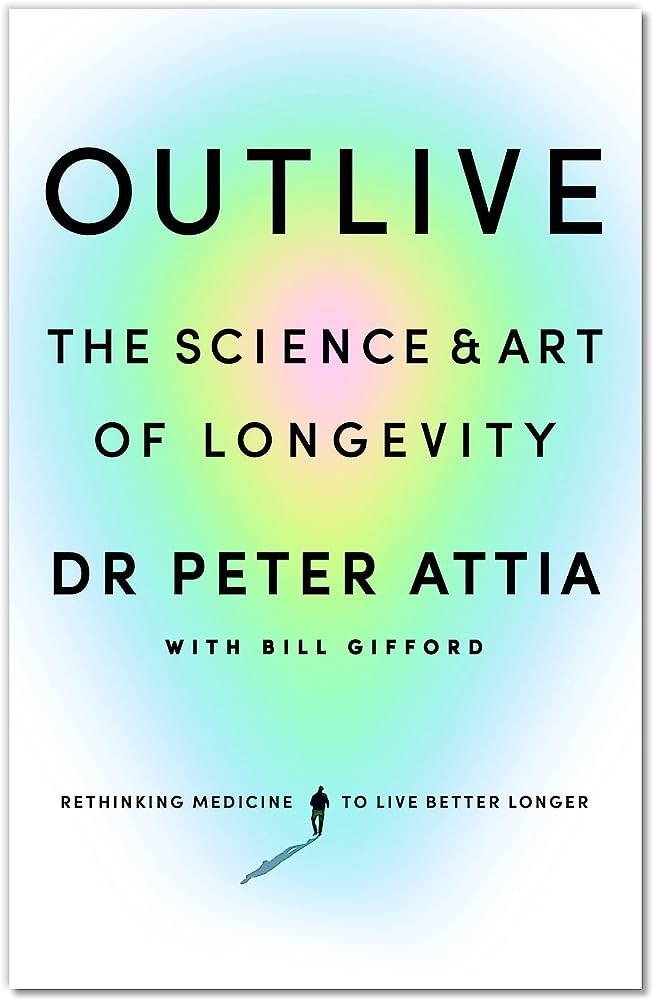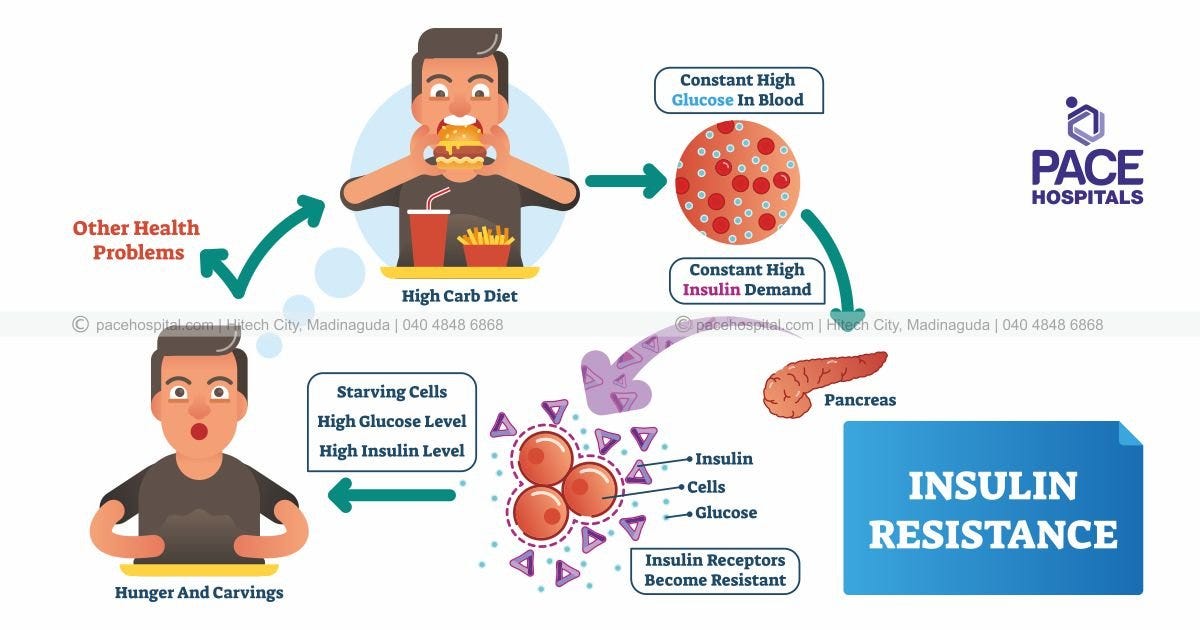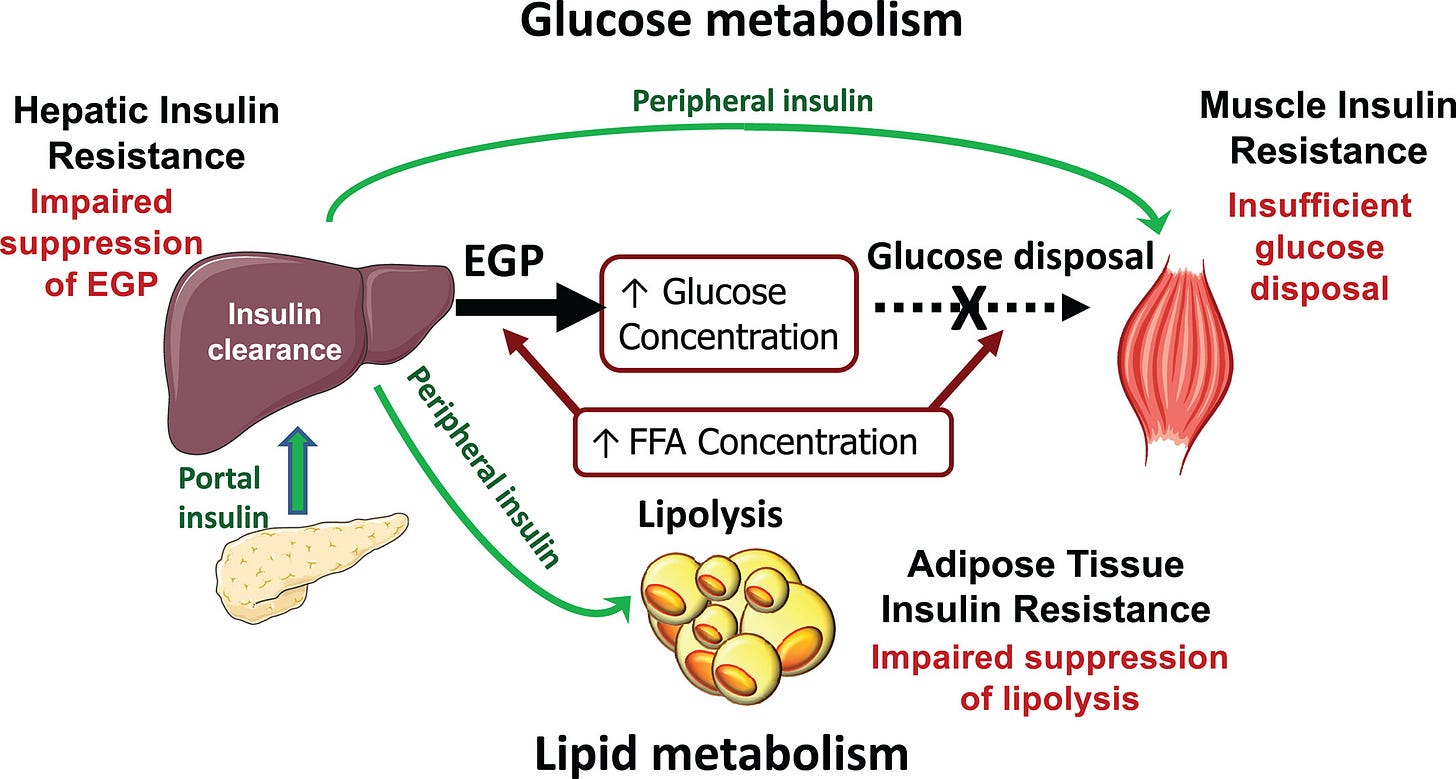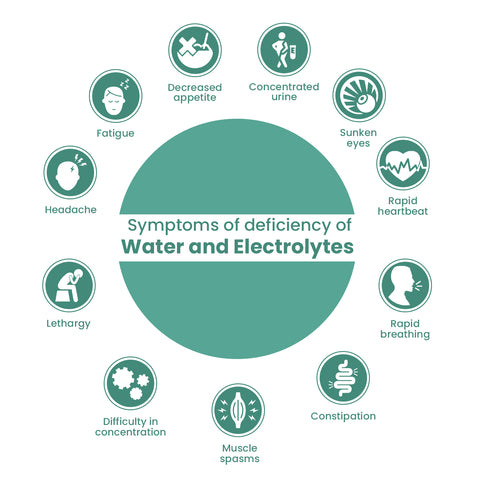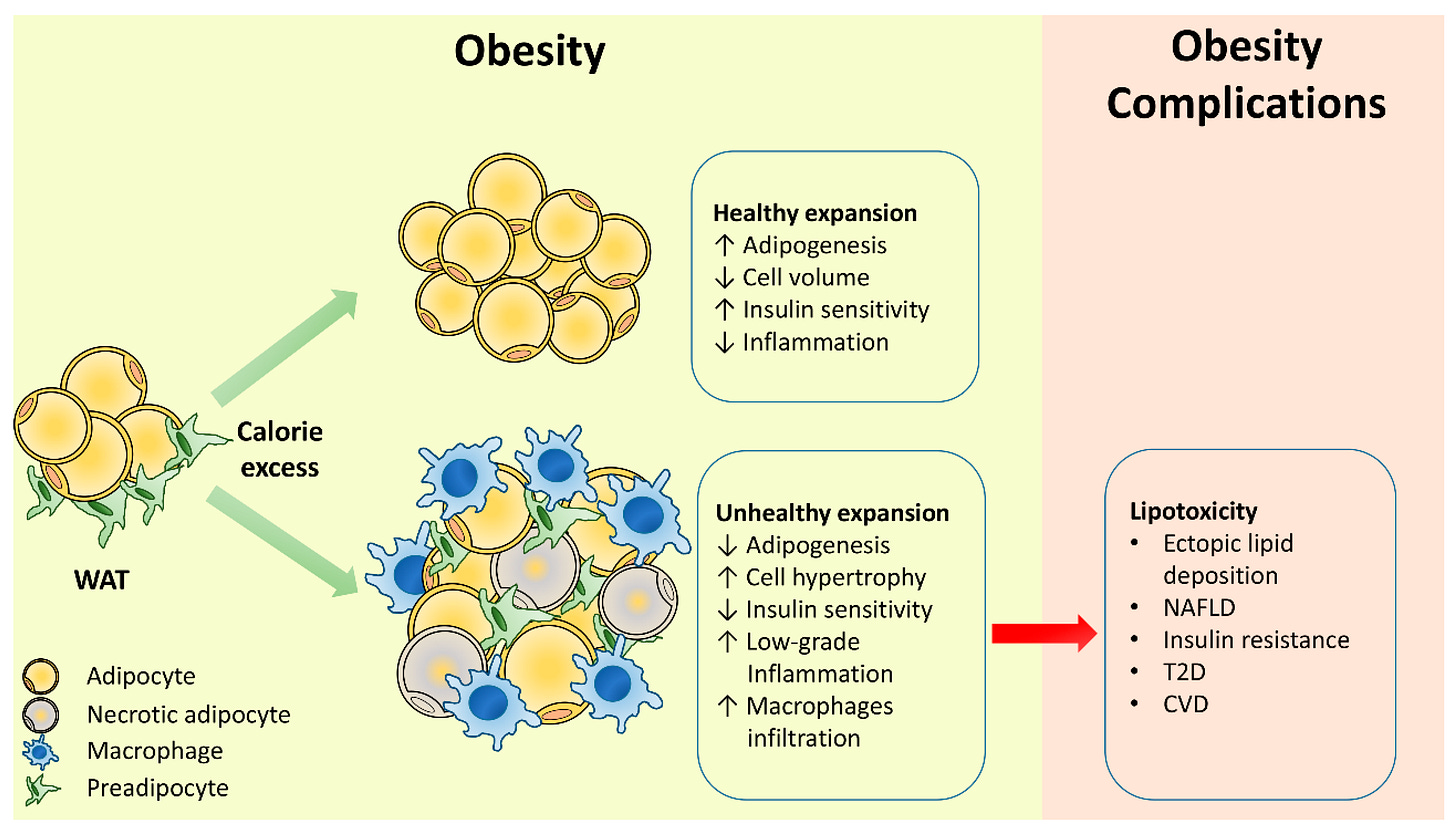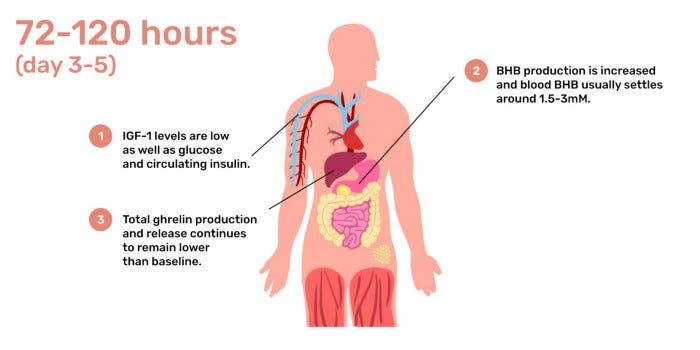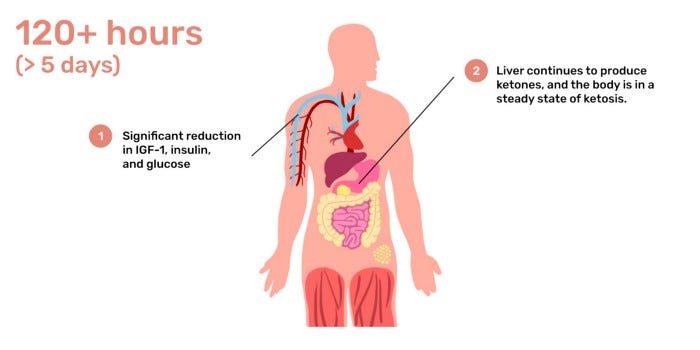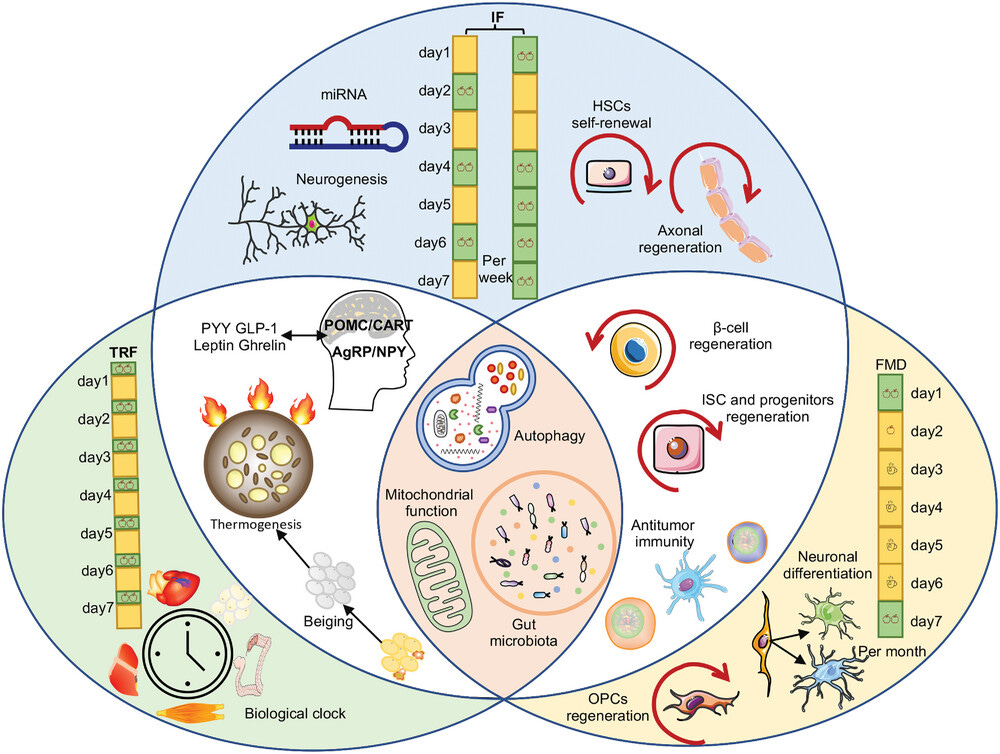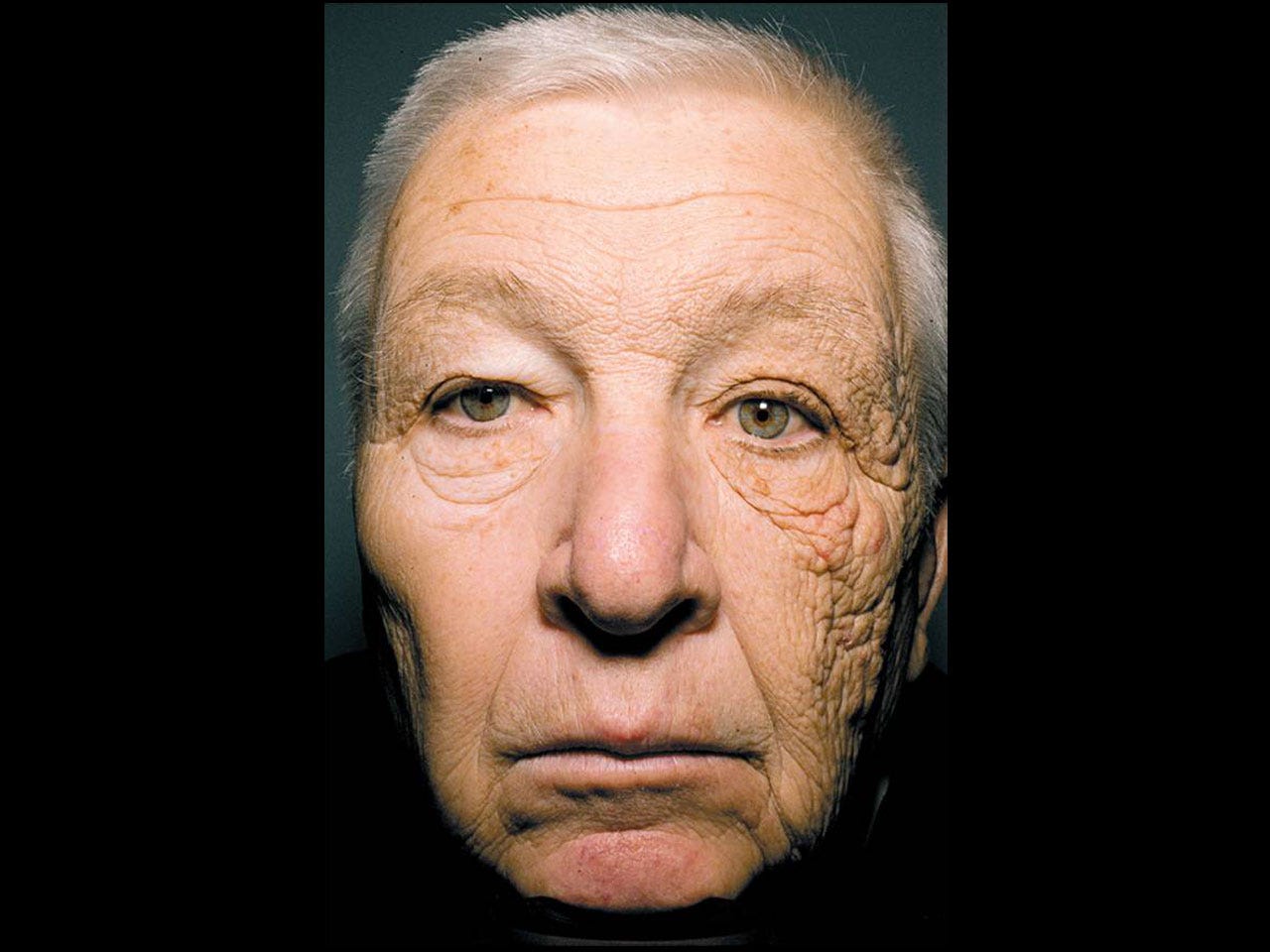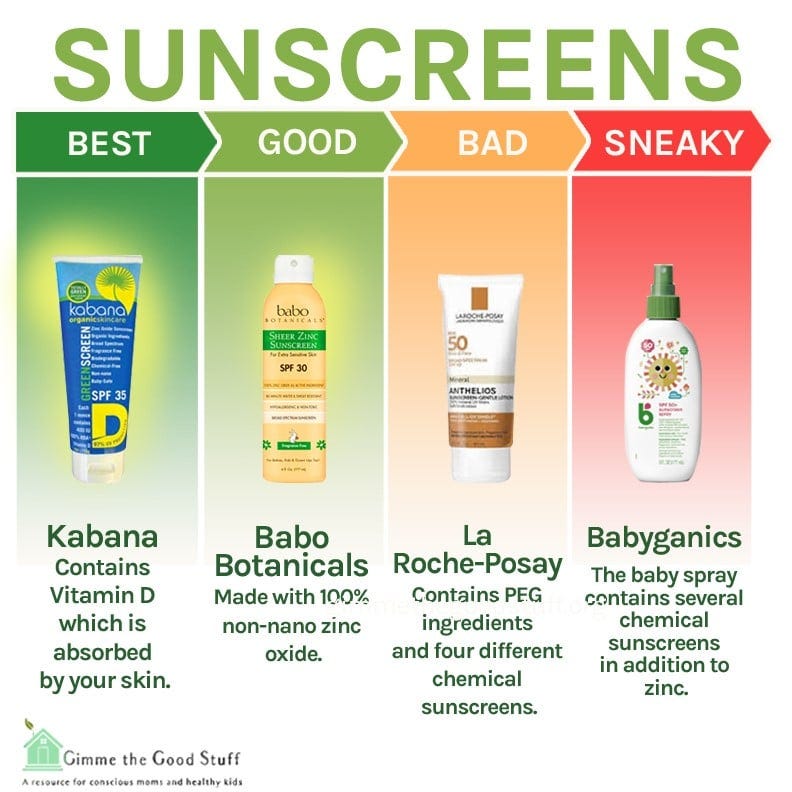Healthspan
Definition: how long you’re healthy enough to do the things that matter to you.
Key Takeaways
Medicine 2.0 (modern) deals with problems after they present themselves.
= prolongs suffering at end of lifeMedicine 3.0 (emerging) focuses on prevention over cures
Compress the amount of time spent in the final stages of decline.
Your longevity curve is malleable.
“Not based on one pill, one magic workout, one fruit smoothie or any such elixir.” - Dr. Peter Attia
“It’s going to come down to a lot of hard work, a lot of understanding, a lot of sacrifice, and a lot of strategy.” - Dr. Peter Attia
Longevity Lifestyle
^ A fun thought experiment
Avoiding Premature Death
The 4 horsemen (major killer diseases) are:
Cardiovascular disease
Cancer
Neurodegenerative disease
Type 2 diabetes
In my recent healthcare post I covered how these diseases are clearly preventable. They have the commonality of metabolic dysfunction and what follows in this post is a comprehensive lifestyle to combat this. The benefits you could reap extend beyond preventing these diseases and will lead to better brain health, immunity, and more!
Exercise
I covered some exercise related concepts and training methods in the post below. Here I will further elaborate on the physiological mechanisms which extend our healthspans.
Re-Iterating the Importance of Muscle Mass
I think that this association with frailty and increased risk of mortality could extend even to younger populations. Emerging evidence suggests that muscles play a vital role in numerous aspects of our health including immunity, inflammation, and organ health.
“Muscle is the organ of longevity.“ - Dr. Adeel Khan
“Muscle–Organ Crosstalk: The Emerging Roles of Myokines”
Maintaining Muscle Mass & Organ/Brain Health
“Use it or lose it” is a common phrase that teaches us our bodies will not retain abilities unless we explicitly tell it to. This mindset could be applied to both the physical and mental aspects of our bodies. We must constantly challenge ourselves to remain youthful.
Hybrid Training
There is a growing community of athletes who are simultaneously able to powerlift at high levels and go run a marathon in the same day! While this example is quite extreme, hybrid training is proving itself to be a growing field.
We see in the diagram above that resistance training and cardiovascular exercise have different effects on our physiology. As a result, hybrid training would harness the combined benefits leading to better health outcomes!
Examples of Hybrid Athletes
Diet
In my last post I covered the idea of facultative carnivores and hunter-gatherer diets. Here are some of the mechanisms of how our bodies metabolize what we eat.
“The Top 20 Biggest Nutrition Myths”
Food Industry Corruption
Carbohydrates
Sugar consumption seems to be a complicated topic. Different foods have different glycemic index affecting spikes in blood sugar. However, I will discuss below whether this can affect individuals differently dependent on their athletic ability.
“Why The Glycemic Index Is Misleading“
(Lower GI foods are generally healthier, but this is not a catch-all)
Insulin resistance is the main concern of chronic high blood sugar. Elevated blood sugar levels over time can lead to metabolic dysfunction within our bodies. The resulting consequences can be wide and devastating (obesity, diabetes, heart disease, more), but what if you are an athlete?
Exercise is proven to be anti-inflammatory, increase insulin sensitivity, and create adaptations for efficient glycogenesis (uptake of glucose into the muscles).
Studies/meta-analyses still need to be done to determine whether high GI foods have negative effects on glycogen adapted athletes, but it appears it is an optimal fuel for endurance athletics.
Both anaerobic (power) and aerobic (endurance) athletes seem to benefit from “carb loading,” where lots of glycogen is stored in the muscle. This creates a puffy muscle appearance, which bodybuilders love, but more importantly the fuel is stored and ready to go. Not to be confused with fat accumulation which has a different metabolism (this is what would happen if you carb load and you are not athletic/remain dormant).
Electrolytes
“LMNT’s electrolyte ratios explained”
Fats
I mentioned before that my favourite fats are EVOO, avocado oil, grass fed butter or fresh animal fats. The latest research proves that animal fats are in fact not unhealthy given you consume them appropriately. Survivalists understand the importance of animal fat for sustenance. In fact, in the recent season of “Alone” I watched how one competitor lost over 30 lbs despite having a whole moose to feed on. This was because a wild wolverine ate all the fat off his food and this loss of a vital macronutrient led to starvation.
Furthermore, cholesterol is a vital part of our diets. Testosterone is made from cholesterol as are many other hormones! Lots of conflicting advice is given about fats because of the clusterfuck that is the agricultural industry. Well here is the latest evidence based advice.
“The truth about fats: the good, the bad, and the in-between”
(Avoid the trans fats, limit the saturated fats, and replace with essential polyunsaturated fats) [Harvard Health Publishing, April 2022]
Saturated fats are not bad
(given good quality source, no overconsumption, active lifestyle)Trans fats are definitely bad
Maintain optimal omega 3/6/9 ratios
Vegetable oils are high in omega 6/9 fatty acids
Diets should contain higher levels of omega 3 to offset modern foods
”Omega-6 to Omega-3 Ratio: What Does It Mean and What's Optimal?” (InsideTracker)
Adipose Accumulation
^ unless you have a diagnosed metabolic condition (get your bloodwork)
Our body fat is an integral part of our metabolism, but modern diets are much more caloric and rich than what our ancestors ate. This had led to a drastic rise in obesity, especially among Americans. In survival situations having fat accumuled is extremely advantageous as our fasting (low caloric condition) physiology are quite adept.
Multi-Day Fasting (Not Intermittent Fasting)
The powers of fasting are fascinating as a deeply rooted survival mechanism. It has been shown to promote a number of beneficial pathways, and autophagy in particular. This is the process in which our bodies repair our damaged cells, so effectively it is anti-cancer behaviour. I will expand upon this in my inflammation series (release date: TBD).
Keep in mind that fasting can result in muscle loss, but this is dependent on multiple factors such as your activity level and pre-existing level of body fat.
Sleep
Our brains produce metabolic waste just like any other part of our body. There is evidence to show that sleep is a process where we clear out this waste and consolidate memories/emotions. The science behind sleep is complex and we do not yet fully understand it. I will cover more about this topic in the future!
If you are interested, there are more videos about sleep in this post below.
How I optimize sleep:
- Early healthy dinner (5pm)
- Cold room (64 degrees)
- No caffeine after 12pm
- Go to bed early (9pm)
- No water after dinner
- Blacked out room
- Read before bed
- Track it (Oura)
- Sleep alone
- No alcohol
Other Lifestyle Factors
Emotional/Mental Health
Covered in psychology posts coming soon!
Saunas
Cold Exposure Therapy
Red Light Therapy
Pollution
Skincare
If you’re gonna live longer, it’s probably a good idea to take care of your skin too. There are also other dangerous such as melanoma (skin cancer) from UV damage, particularly for those in exposure to the sun at elevated amounts. Whether it is occupation or recreational it is good to be UV aware.
“The Risk of Melanoma in Airline Pilots and Cabin Crew - A Meta-analysis”
A lot of sunscreens have questionable active ingredients and addities, especially chemical based ones. The best that I’ve found are non-nano zinc oxide sunscreens, however they do tend to have a white cast/pastiness. This seems to be the trade off for non-toxicity, which I think is an acceptable compromise.
“Non-Toxic Sunscreen Guide” (Gimme the Good Stuff)




